Pumpkins are fruits whose seeds can be eaten. These tiny, white, flat seeds pack a nutritional punch. They are covered in a white husk, and once this is removed, you'll find oval seeds of a pale green colour.
Taste-wise, they're sugary and nutty. They are more commonly referred to as "Pepitas" in the United States.
Table of Contents
What are pumpkin seeds?
Pumpkins have fruiting bodies called seeds. There are several health benefits to eating them, including those from the protein, unsaturated fat, fibre, magnesium, and antioxidants they provide. Tofu made from pumpkin seeds, pumpkin seed butter, and pumpkin seed protein powder are just a few examples of the many ways pumpkin seeds can be consumed.
How are pumpkin seeds made?
When pumpkins have reached their peak maturity, they are harvested using a single machine that cuts them from the vine and feeds them into another that simultaneously removes the seeds and macerates the flesh. Next year's harvest will benefit from the added nutrients provided by the flesh that is composted and returned to the land.
How to separate pumpkin seeds from shells at home?
In order to remove the shell from each seed, you must first boil them. You can also simmer them for 15 minutes, spread them out between wax paper, and use a mallet to crack the hull without damaging the seeds.
Which is healthier, raw or roasted pumpkin seeds?
Raw pumpkin seeds have more nutritional value than roasted ones because some nutrients are lost during the roasting process.
Nutritional value of pumpkin seeds:
Vitamin K and manganese, two nutrients found in abundance in pumpkin seeds, play key roles in the healing process. Zinc, a mineral essential for a healthy immune system, is present in several foods as well.
Health benefits of pumpkin seeds:
Lessens Inflammation
Antioxidants, which can be found in abundance in pumpkin seeds, help prevent cell damage and inflammation. The high fibre content of these foods also contributes to this impact. There is evidence that the anti-inflammatory properties of pumpkin seeds aid in keeping the liver, bladder, intestines, and joints all functioning normally.
Protect Against Diabetes
Magnesium deficiency is common, and pumpkin seeds are a good source of this mineral. The risk of diabetes is reduced thanks to magnesium's role in maintaining healthy blood sugar levels. Blood sugar levels can be better managed in patients with diabetes, according to studies on the effects of pumpkin seeds.
Fights Cancer
Evidence from lab research suggests that pumpkin seeds may hinder the development of breast and prostate cancer cells. They kill cancer cells via a process called apoptosis. While the strong antioxidant activity of pumpkin seeds is thought to be responsible for these effects, additional study of a wider variety of malignancies is warranted.
Boosts heart health
In addition to lowering blood pressure, the high magnesium concentration of pumpkin seeds also helps control it. Magnesium-rich diets have been linked to a decreased threat of cardiovascular disease-related death and stroke.
Ways to include pumpkin seeds in your diet:
Pumpkin seeds are versatile and can be used in a variety of ways, making them both a delicious snack on their own and a tasty addition to other dishes.
Some great ways to include the tiny but powerful health booster that is pumpkin seeds in your diet are:
- Throw them into your blender for a tasty treat.
- Use them as a topping for cereal, yoghurt, or granola.
- Put them in a salad for some added crunch.
- Use as a garnish for soups, poultry, or pasta.
- Mix them in with other ingredients for a dip, such as hummus, pesto, or guacamole.
- Make bread and cookies with them.
- These make a great, nutritious snack when toasted or roasted and seasoned anyway you like.

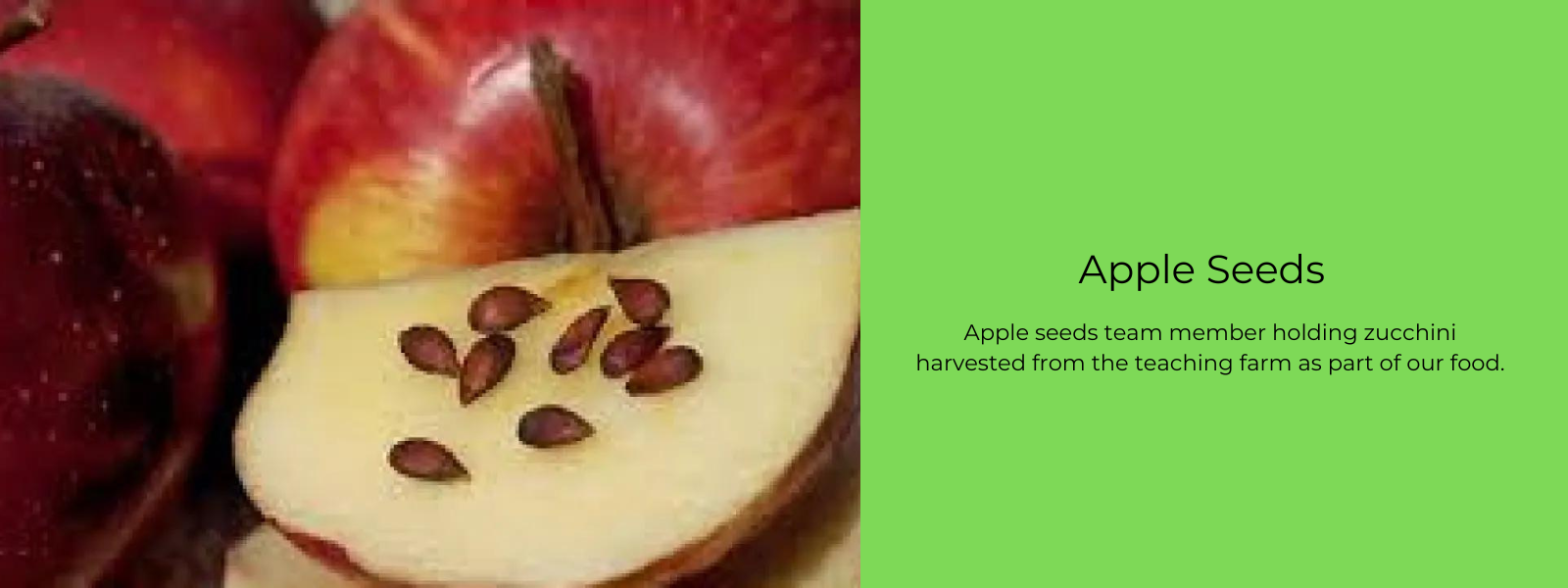
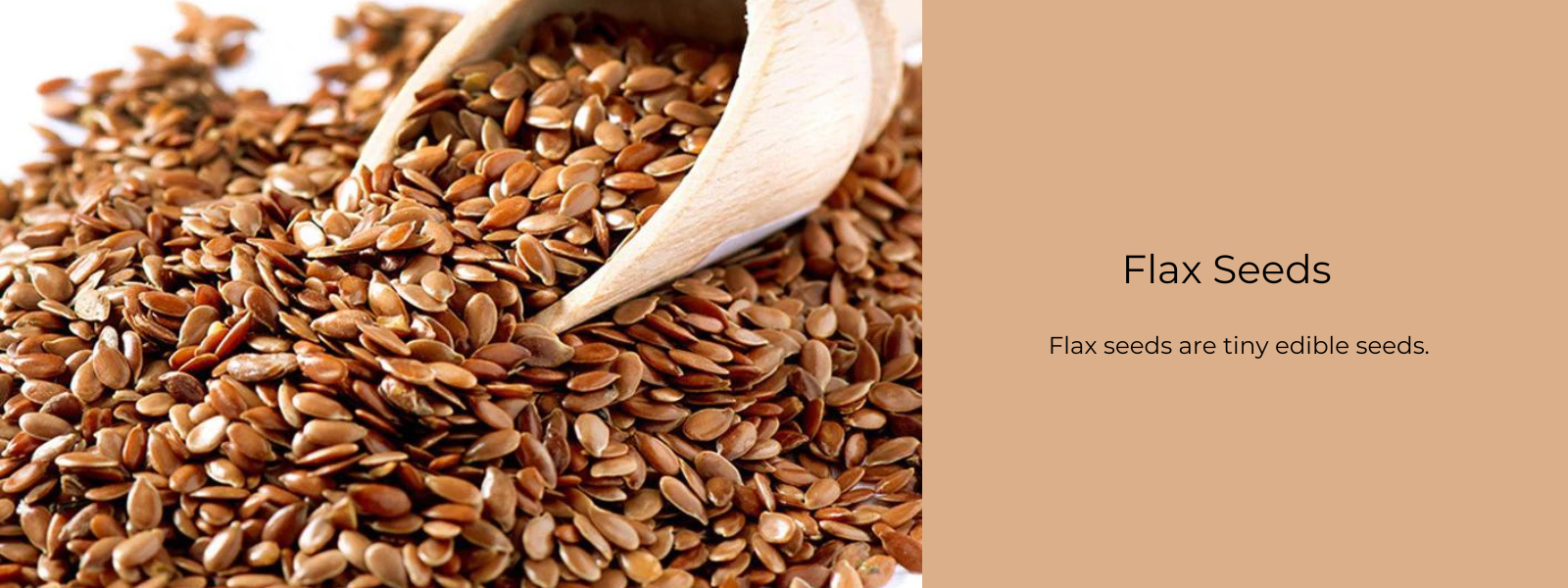
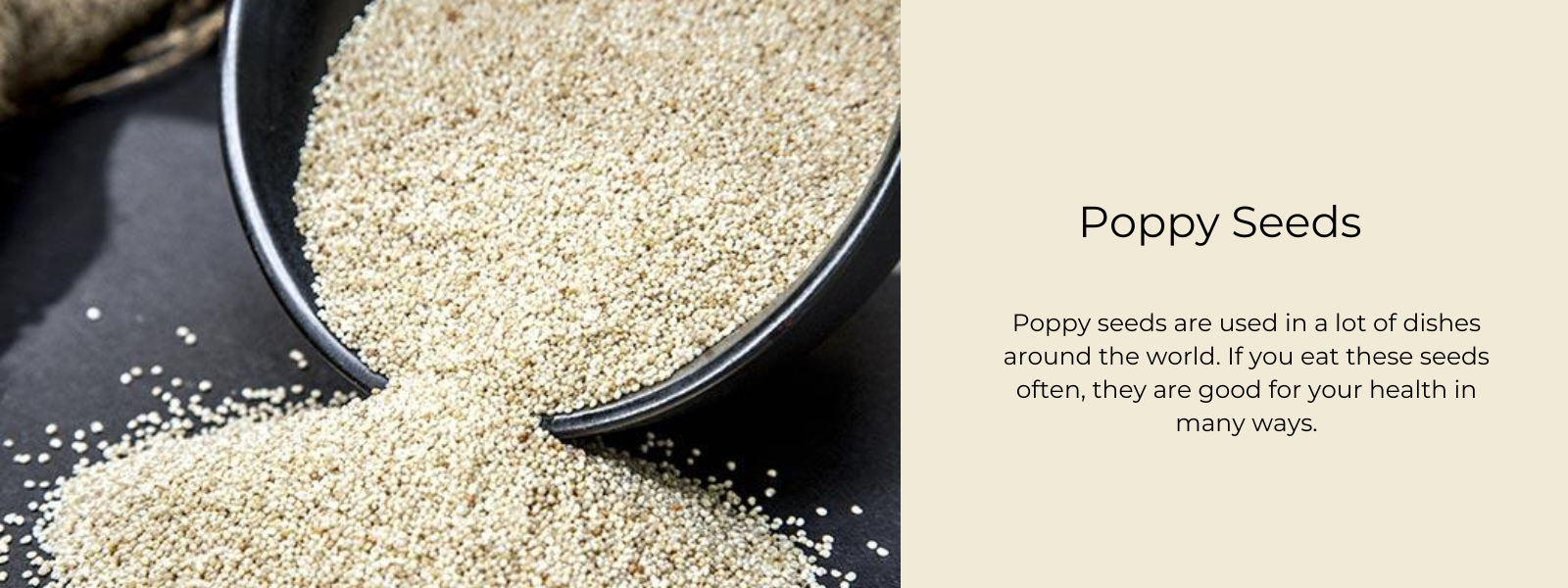
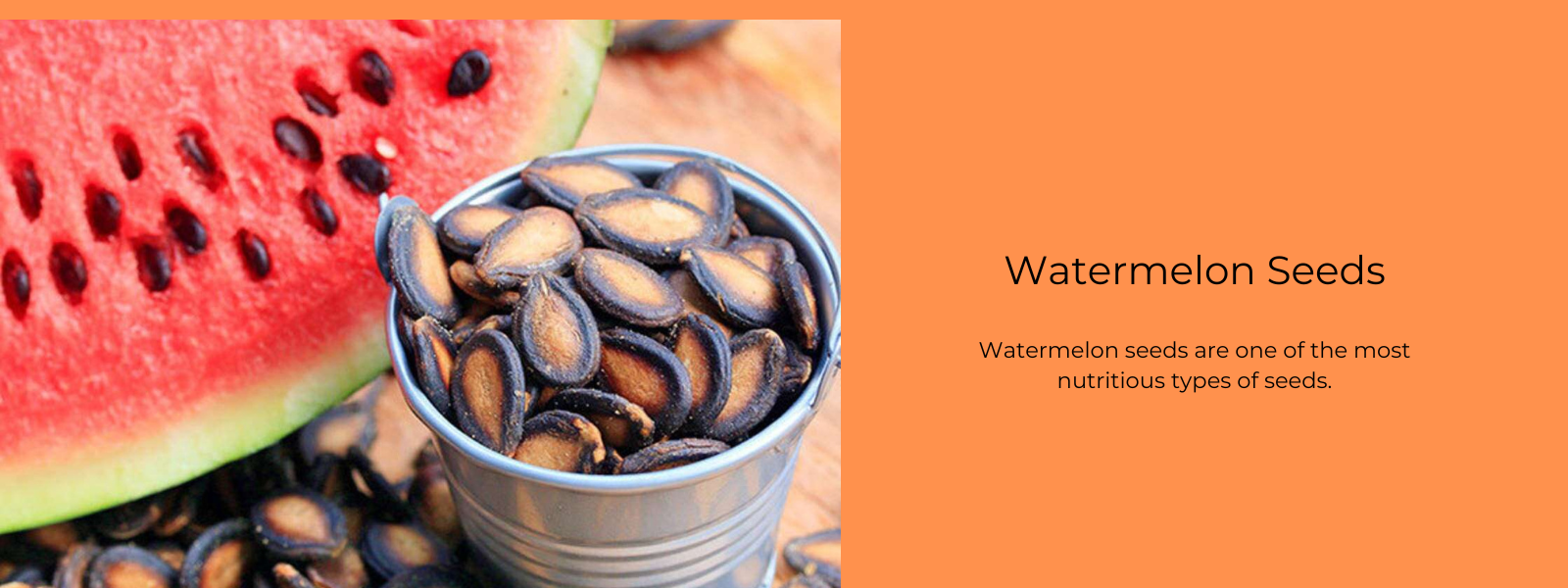
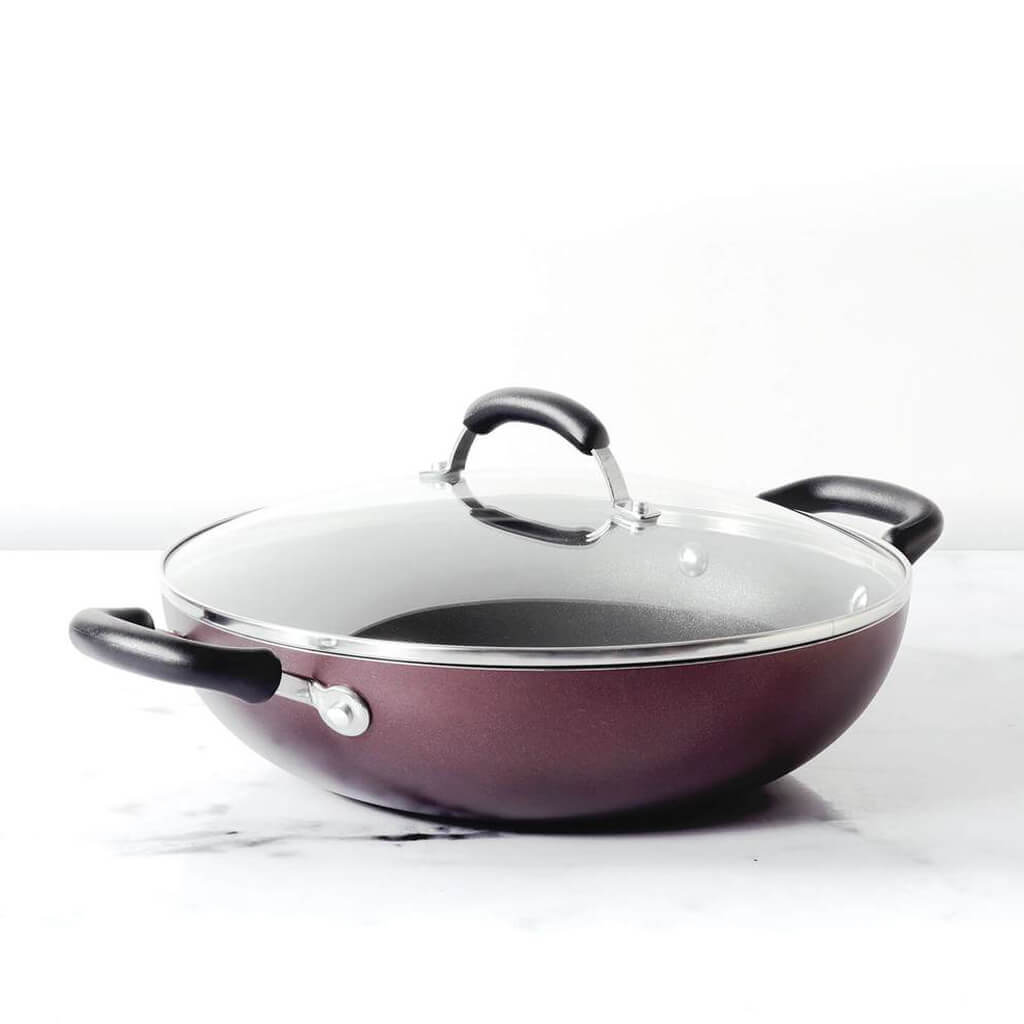
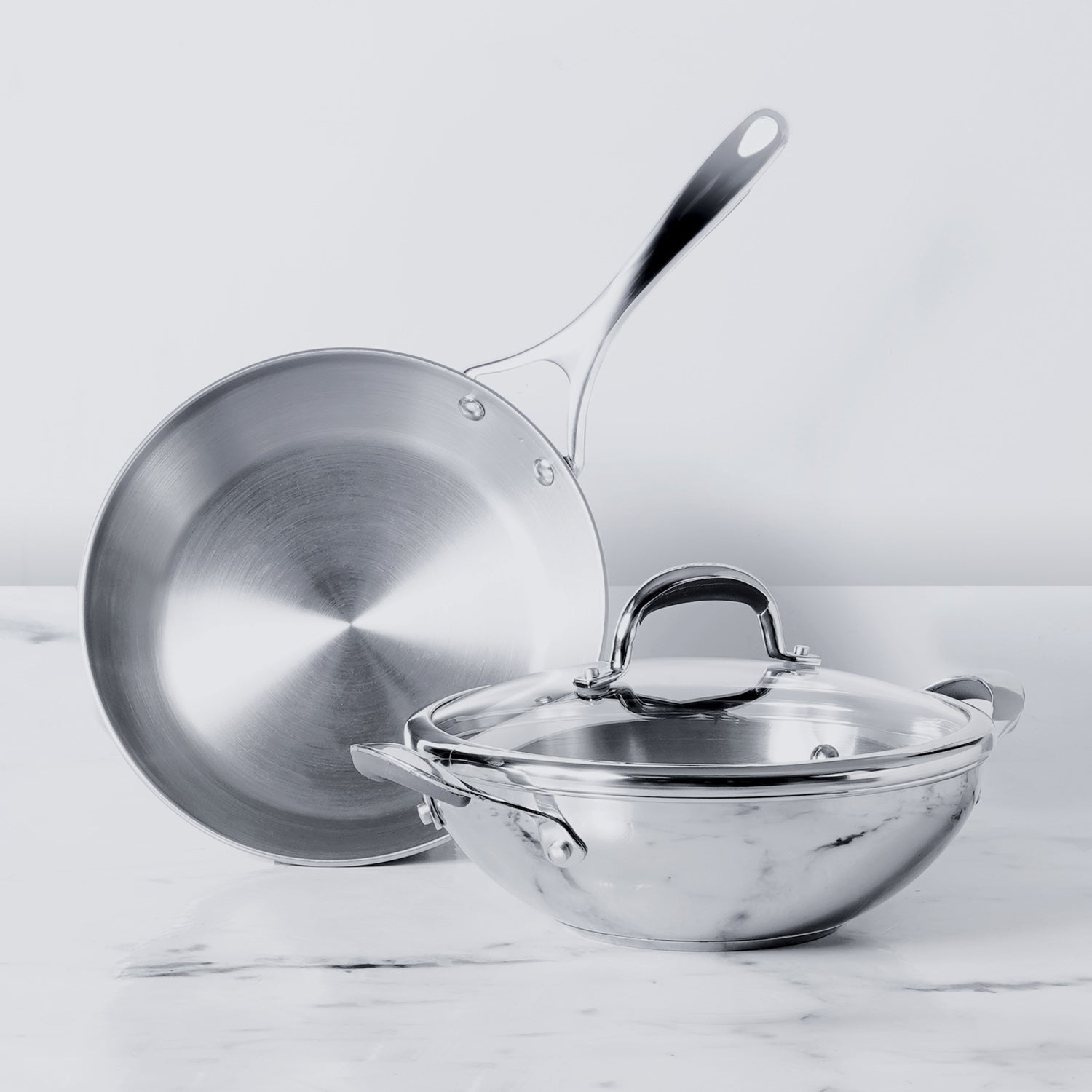




Leave a comment